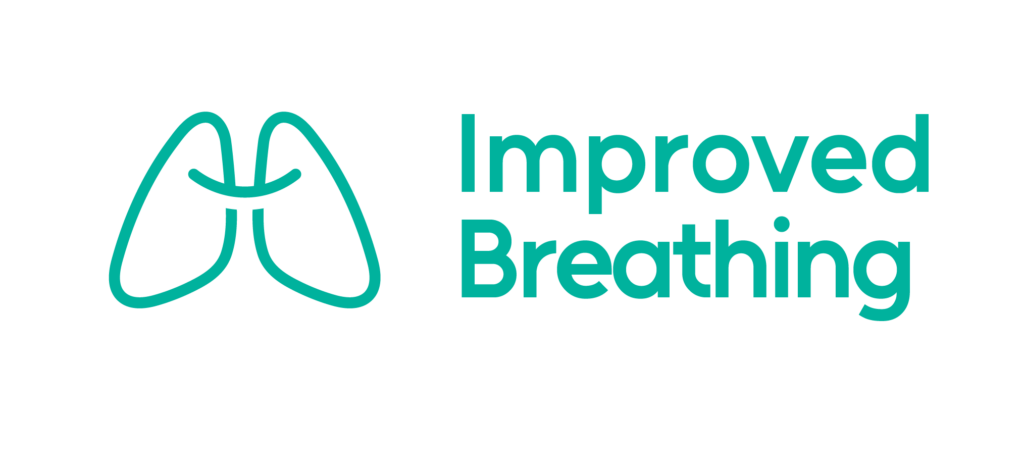If you’re living with a chronic lung condition like COPD or emphysema, you may be looking for ways to support your respiratory health. One promising option that’s gained attention in recent years is fish oil supplementation. Let’s explore how fish oil may benefit those with long-term lung conditions.
What is Fish Oil?
Fish oil is rich in omega-3 fatty acids, particularly EPA (eicosapentaenoic acid) and DHA (docosahexaenoic acid). These essential fatty acids are known for their anti-inflammatory properties.
Potential Benefits for Lung Health:
- Reduced Inflammation: Chronic lung conditions often involve ongoing inflammation in the airways. Omega-3s in fish oil may help reduce this inflammation, potentially easing symptoms.
- Improved Lung Function: Some studies suggest that regular fish oil intake may lead to modest improvements in lung function tests in people with COPD.
- Decreased Risk of Exacerbations: There’s evidence that fish oil supplementation might reduce the frequency of COPD exacerbations (flare-ups).
- Enhanced Exercise Capacity: Fish oil may improve exercise tolerance in some individuals with COPD, allowing for increased physical activity.
- Cardiovascular Support: Many people with lung conditions also have heart issues. Fish oil’s heart-healthy properties could provide additional benefits.
How to Incorporate Fish Oil:
- Eat fatty fish like salmon, mackerel, or sardines 2-3 times per week
- Consider a high-quality fish oil supplement (consult your doctor for dosage)
- Look for supplements that are molecularly distilled to remove contaminants
Final Words
While fish oil isn’t a cure for chronic lung conditions, it may offer supportive benefits as part of a comprehensive treatment plan. As research continues, we may gain even more insights into how omega-3s can help those living with COPD, emphysema, and other respiratory challenges.














